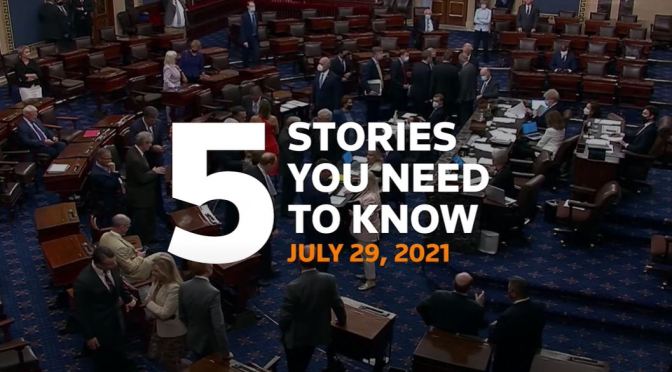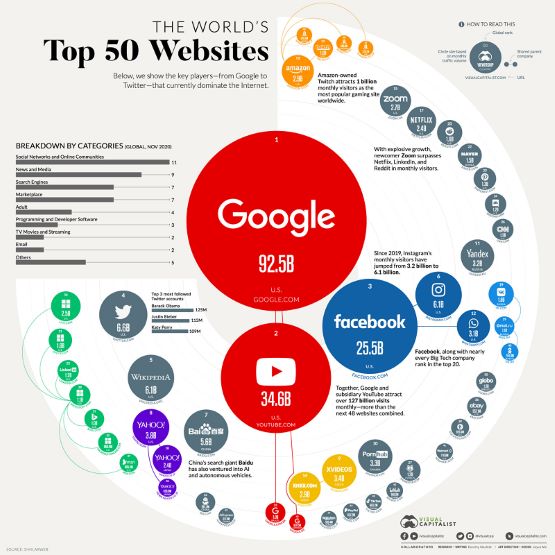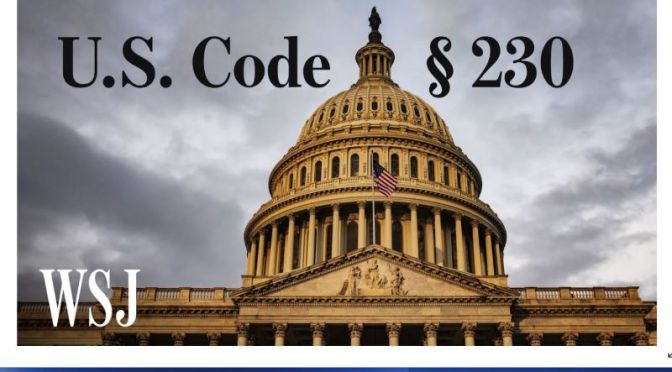Five stories to know for July 29: $1 trillion infrastructure bill, Federal workers, Big Tech, COVID-19, Tunisia
1. A roughly $1 trillion bipartisan infrastructure investment bill advanced in the U.S. Senate, passing a key milestone that moves the emerging legislation toward formal debate and possible passage.
2. President Joe Biden is expected to announce that all civilian federal workers will need to be vaccinated against the coronavirus or face regular testing, social distancing, mask requirements and travel limits, a source said.
3. Twitter is shutting its reopened offices in the U.S., while other big tech companies are making vaccination mandatory for on-campus employees, as the highly infectious Delta COVID-19 variant drives a resurgence in cases.
4. Australia’s military will help enforce a lockdown in Sydney after the city of 6 million posted a record daily rise in COVID-19 cases and state authorities said the outbreak was likely to get worse.
5. Tunisia’s president said he was addressing the dire economic and COVID-19 situation and probing widespread corruption after invoking emergency powers to seize control of government in a move his foes called a coup.














 Political advertising is flourishing online, but federal guidelines regulating those ads are virtually absent. WSJ’s Emily Glazer explains why Facebook, Twitter and Google are making their own rules.
Political advertising is flourishing online, but federal guidelines regulating those ads are virtually absent. WSJ’s Emily Glazer explains why Facebook, Twitter and Google are making their own rules.